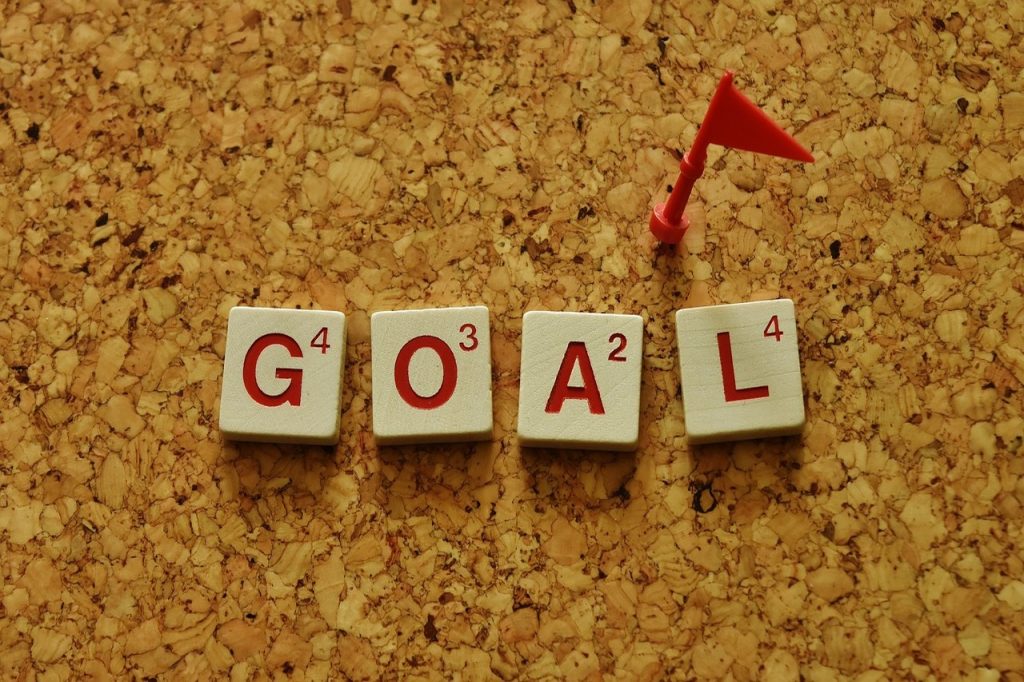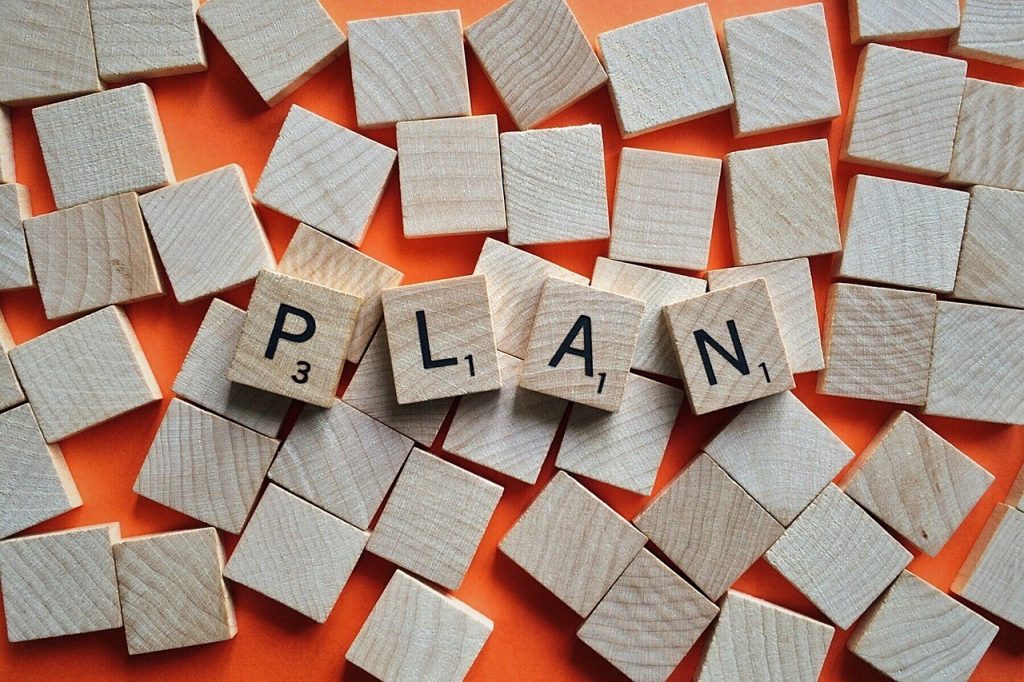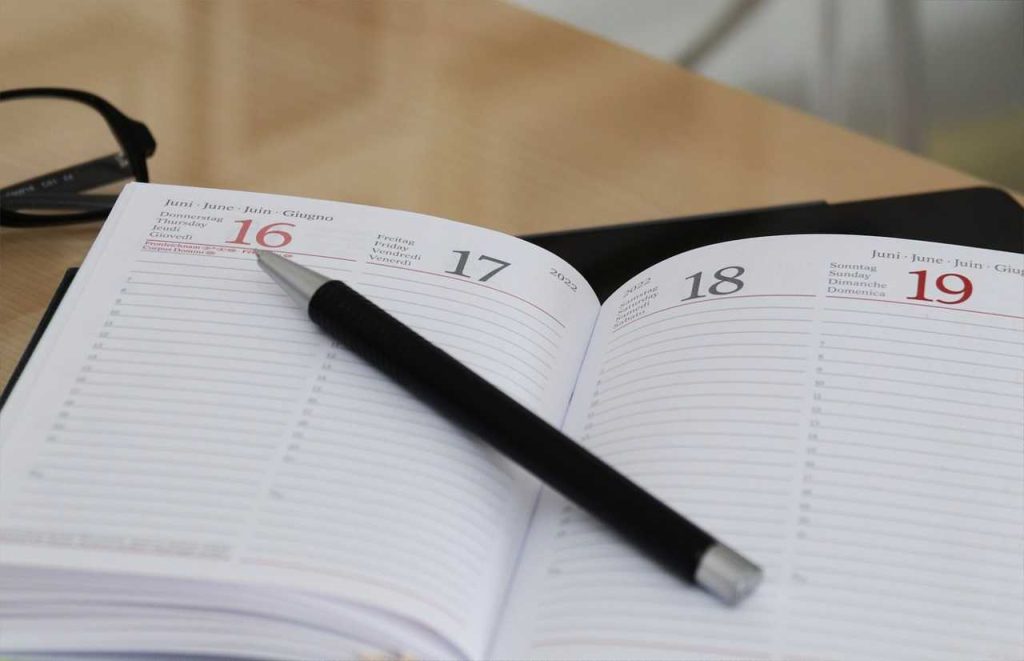Living an organized life is more than just having a clean desk or neatly arranged drawers. Organization touches every aspect of our lives—from how we manage our time, space, and responsibilities to how we handle stress and maintain our mental well-being. Getting organized can save time, reduce anxiety, and create a sense of control and balance in your day-to-day life.
If you’re feeling overwhelmed by clutter, chaos, or a lack of direction, these 10 brilliant strategies will help you get seriously organized in your life.

1. Declutter Your Space – Simplify to Amplify
One of the first steps in getting organized is to clear out the clutter. It’s difficult to organize effectively when you’re surrounded by unnecessary stuff. Decluttering creates physical space and also helps declutter your mind, allowing you to focus better and be more productive.
Steps to Declutter:
- Start small: Focus on one room or area at a time. Don’t overwhelm yourself by trying to tackle your entire home or workspace all at once.
- Use the 4-box method: Label four boxes: “Keep,” “Donate,” “Recycle,” and “Trash.” Every item you pick up must go into one of these categories.
- Evaluate every item: Ask yourself, “Does this serve a purpose or make me happy?” If not, it’s time to let it go.
- Adopt a one-in, one-out rule: For every new item you bring into your home, remove one that you no longer need.
Why It Works:
Clutter causes mental and physical stress, but decluttering creates space and clarity, giving you a fresh foundation to work with.
2. Establish a Daily Routine – The Power of Consistency
One of the key habits of organized people is having a structured routine. When you create a daily routine, you streamline your activities, save time, and develop consistency that helps reduce decision fatigue.
Steps to Create an Effective Routine:
- Start your day with purpose: Establish a morning routine that includes activities like exercise, a healthy breakfast, and setting priorities for the day.
- Set specific times for tasks: Allocate blocks of time for work, breaks, personal time, and errands. Stick to these blocks as much as possible.
- End your day with reflection: A nighttime routine should help you unwind, reflect on the day, and plan for tomorrow.
Why It Works:
Routines create structure and predictability, allowing you to accomplish more with less effort. When things are scheduled, you’re less likely to procrastinate or feel overwhelmed by your to-do list.
3. Prioritize Your Tasks – The Art of Knowing What Matters Most
Being busy doesn’t always mean you’re productive. To get seriously organized, you need to prioritize your tasks. Identify which tasks are urgent and important and which can be delegated or postponed.
How to Prioritize:
- Use the Eisenhower Matrix: Divide tasks into four categories—urgent and important, important but not urgent, urgent but not important, and neither urgent nor important.
- Make a daily to-do list: Every morning (or the night before), list your top three to five most important tasks for the day. These are your non-negotiables.
- Tackle the hardest task first: Known as “eating the frog,” this strategy involves getting the most challenging or least appealing task out of the way first, so the rest of your day feels easier.
Why It Works:
When you prioritize effectively, you ensure that you’re focusing your time and energy on what truly matters, which reduces stress and boosts productivity.

4. Adopt Time-Blocking – Master Your Schedule
Time-blocking is a highly effective technique for staying organized and managing your time efficiently. It involves dividing your day into blocks of time, each dedicated to a specific task or group of tasks.
Steps for Time-Blocking:
- Plan your day in advance: Look at your calendar the night before and block out time for each major task or project.
- Include breaks: Schedule regular breaks to avoid burnout.
- Set time limits: Give yourself a set amount of time for each task, and stick to it. If a task isn’t finished in the allotted time, move on and come back to it later if necessary.
Why It Works:
Time-blocking helps you stay focused and minimizes distractions. It also ensures that you’re making progress on all of your tasks instead of letting one dominate your day.
5. Streamline Your Digital Life – Organize Your Online World
Our digital lives can become just as cluttered as our physical ones. From overflowing inboxes to disorganized files, a chaotic digital environment can slow you down and make it harder to stay focused.
Steps to Organize Your Digital Life:
- Clean up your inbox: Unsubscribe from newsletters you don’t read and create folders to categorize important emails. Aim for inbox zero by responding to or organizing emails immediately.
- Organize your desktop and files: Create a logical folder system for your computer files. Delete old files you no longer need.
- Use productivity tools: Apps like Trello, Asana, or Evernote can help you organize tasks, projects, and ideas in one central place.
Why It Works:
A clean digital space mirrors a clean physical space, reducing stress and improving efficiency. When your online world is organized, you can find what you need quickly and stay on top of your tasks.

6. Practice Minimalism – Less is More
Minimalism isn’t just about having fewer things; it’s about focusing on what truly adds value to your life. Adopting a minimalist mindset can help you cut down on distractions, material possessions, and activities that don’t serve your goals.
Steps to Embrace Minimalism:
- Evaluate your possessions: Take inventory of your belongings and ask yourself if each item serves a purpose. If not, consider donating or selling it.
- Limit new purchases: Before buying something new, ask yourself if it’s necessary or if it adds value to your life.
- Simplify your commitments: Learn to say no to activities or obligations that don’t align with your priorities.
Why It Works:
Minimalism helps clear the clutter, not just in your physical environment but also in your mental space. It allows you to focus on what truly matters and eliminate unnecessary distractions.
7. Use a Planner or Bullet Journal – Keep Track of Everything
A planner or bullet journal can be a game-changer for organizing your thoughts, tasks, and goals. It serves as a centralized place to keep track of appointments, deadlines, and long-term projects.
Steps for Using a Planner Effectively:
- Plan weekly and daily: At the beginning of each week, write down all major appointments, tasks, and goals. Then, each day, break those down into smaller steps.
- Color-code tasks: Use different colors for work, personal tasks, and family obligations to easily differentiate between them.
- Review and adjust regularly: Take time to review your planner at the end of each week to see what worked, what didn’t, and what needs to be adjusted for the following week.
Why It Works:
Writing things down helps reinforce your commitment to completing them. A planner or bullet journal ensures that nothing slips through the cracks and helps you stay accountable to your goals.
8. Set Realistic Goals – Break Them Down into Actionable Steps
Goal-setting is an essential part of getting organized, but it’s important to set realistic, achievable goals. Break your big goals down into smaller, actionable steps to avoid feeling overwhelmed.
Steps to Effective Goal-Setting:
- Use the SMART framework: Ensure your goals are Specific, Measurable, Achievable, Relevant, and Time-bound.
- Create milestones: Break down your larger goals into smaller milestones that you can achieve along the way.
- Track your progress: Use your planner or a goal-tracking app to monitor your progress and make adjustments as needed.
Why It Works:
Setting realistic goals and breaking them into smaller steps makes them more manageable and increases your chances of success. It also helps you stay organized by providing a clear roadmap to follow.
9. Simplify Your Finances – Organize Your Money for Peace of Mind
Financial disorganization can cause significant stress and lead to poor decision-making. By organizing your finances, you can create a clear picture of your income, expenses, and savings, which allows for better money management.
Steps to Organize Your Finances:
- Create a budget: List all of your income and expenses to see where your money is going each month. Adjust your spending as needed.
- Automate payments: Set up automatic payments for bills to avoid late fees and missed payments.
- Track expenses: Use apps like Mint or YNAB (You Need A Budget) to keep track of your spending in real time.
Why It Works:
Organizing your finances reduces anxiety, helps you avoid debt, and gives you more control over your financial future. You’ll be able to make more informed decisions about saving, investing, and spending.

10. Maintain Balance – Don’t Forget Self-Care
Finally, being organized doesn’t mean working all the time. It’s essential to create balance in your life by prioritizing self-care and downtime.
Steps to Maintain Balance:
- Schedule downtime: Just as you schedule work tasks, block out time for relaxation and activities that bring you joy.
- Practice mindfulness: Incorporate mindfulness techniques like meditation or yoga to help reduce stress and stay present.
- Set boundaries: Learn to say no to extra commitments that don’t align with your goals or values.
Why It Works:
Maintaining balance through self-care helps prevent burnout and ensures that you’re operating at your best. You’ll be more focused, energetic, and productive when you make time for yourself.
Final Thoughts
Getting seriously organized isn’t about perfection; it’s about creating systems and habits that make your life easier, more efficient, and more enjoyable. By implementing these 10 brilliant strategies, you’ll not only declutter your physical and digital spaces but also streamline your time, reduce stress, and ultimately live a more balanced, fulfilling life.
So, take that first step toward organizing your life today—whether it’s decluttering your space, setting realistic goals, or mastering your schedule. You’ll be amazed at how much more manageable life feels when things are in order.

